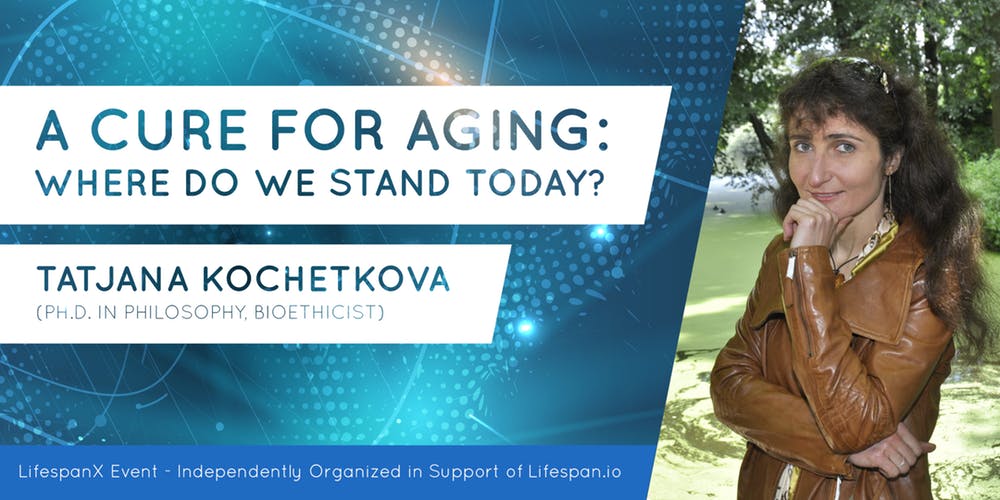Why aging isn’t a way out if you’re tired of living…
Suppose that, at a point, you get completely, irreparably tired of life and want to die. In these circumstances, how willing would you be to bear with around twenty more years of the same life that you can’t stand any more, particularly in a state of declining health? It would seem more reasonable that if you are tired of life right now and you are absolutely certain that you will not change your mind, you would rather end your life at once than wait for two more, increasingly miserable, decades. Yet, there is a certain narrative suggesting that the decay of old age, which inevitably leads to death, is an acceptable option for people who are sure that they are through with life.
Warning: spoilers
In a moment, I will be revealing the ending of a recent podcast titled “The 200-year-old”—an interesting and, all-in-all, rejuvenation-friendly series. It is only four episodes long, and if you haven’t listened to it yet, I would say that it is worth your time. If you wish to do so, stop reading right now to avoid spoilers. (Do come back to finish the article once you’re done with the podcast, though.)






